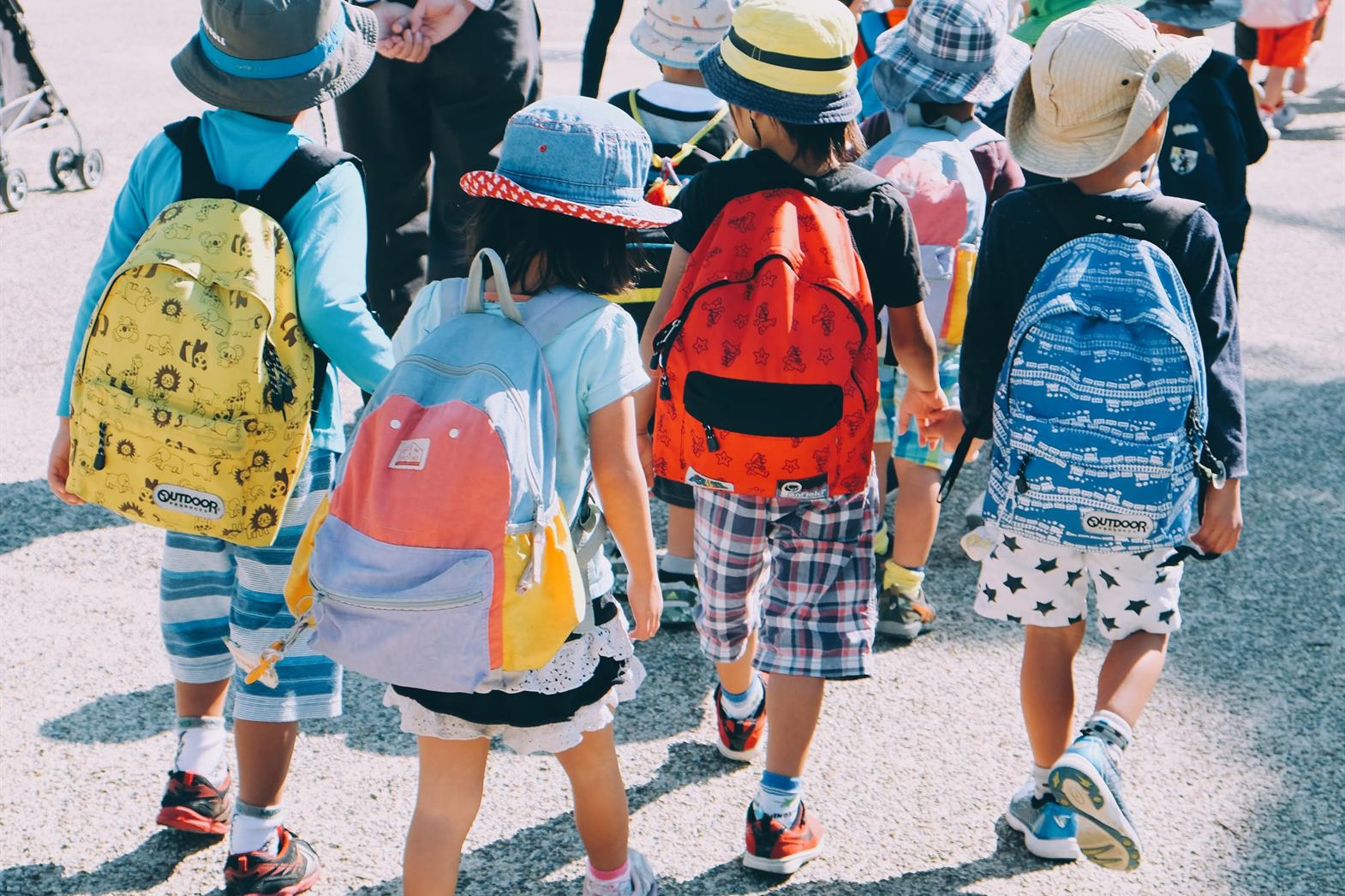What you need to know:
More education and training resources for staff may help youth with autism spectrum disorder (ASD) be better included in mainstream leisure activities.
What is this research about?
Children with ASD are often not included in community recreational activities. This study explored staff experiences from community groups that worked with youth with special needs. It also evaluated the usefulness of a short ASD training session.
What did the researchers do?
The study was conducted in Northern Ireland and consisted of two parts. First, a survey was sent out to all community groups in the area to gain understanding on staff's experiences working with youth with special needs. They also surveyed staff on their feelings about including youth with ASD in their programs. In the second part of the study, interested staff attended a two hour training session about working with youth with ASD. After the session, participants were asked to complete brief evaluation forms.
What did the researchers find?
The researchers found that over 60% of survey respondents currently had children with special needs enrolled in their programs. About 50% of the staff surveyed were eager to include youth with ASD in their programs. However, many reported that they needed more education and training to better include youth with ASD.
The short training session was generally well received. It focused on raising awareness of the needs of youth with ASD. After the training session, the majority of participants reported changes in their attitudes and perceptions about working with youth with ASD. However, the project had difficulties attracting novice staff that had not worked with youth with ASD. Over 40% of participants had work experience with youth with ASD, including 25% whose family members had ASD.
Include youth with ASD in meaningful recreational activities
Legislation in the UK is exerting pressure on the community and voluntary sector to include youth with ASD in meaningful recreational activities. However, neither sector demonstrated a strong response to this voluntary opportunity.
How can you use this research?
This research reveals a need to improve training for recreational leaders to build more inclusion for children with ASD in mainstream leisure activities. Training sessions should incorporate an ASD-specific component for community groups. They should also include concrete examples on how to include these children with ASD in programming.
About the researchers
Roy McConkey is a Professor of Developmental Disabilities at the University of Ulster.
Audrey Mullan is a Project Officer with AutismNI, the autism charity of Northern Ireland.
Jackie Addis is a Project Officer with AutismNI. This research snapshot is from their study,
Citation
McConkey, R., Mullan, A., & Addis, J. (2012). Promoting the social inclusion of children with autism spectrum disorders in community groups. Early Child Development and Care, 182(7), 827-835.
This summary was written by Evguenia Ignatova for the Chair in Autism Spectrum Disorders Treatment and Care Research. This summary, along with other summaries, can be found at http://asdmentalhealth.ca/research-summaries/ and at http://asdmentalhealth.blog.yorku.ca/
Reproduced with the permission of Dr. Jonathan Weiss (York University). This research summary was developed with funding from the Chair in ASD Treatment and Care Research. The Chair was funded by the Canadian Institutes of Health Research in partnership with Autism Speaks Canada, the Canadian Autism Spectrum Disorders Alliance, Health Canada, Kids Brain Health Network (formerly NeuroDevNet) and the Sinneave Family Foundation. This information appeared originally in the Autism Mental Health Blog (https://asdmentalhealth.blog.yorku.ca).
Photo by note thanun on Unsplash


